SUMMARY
This is AI generated summarization, which may have errors. For context, always refer to the full article.
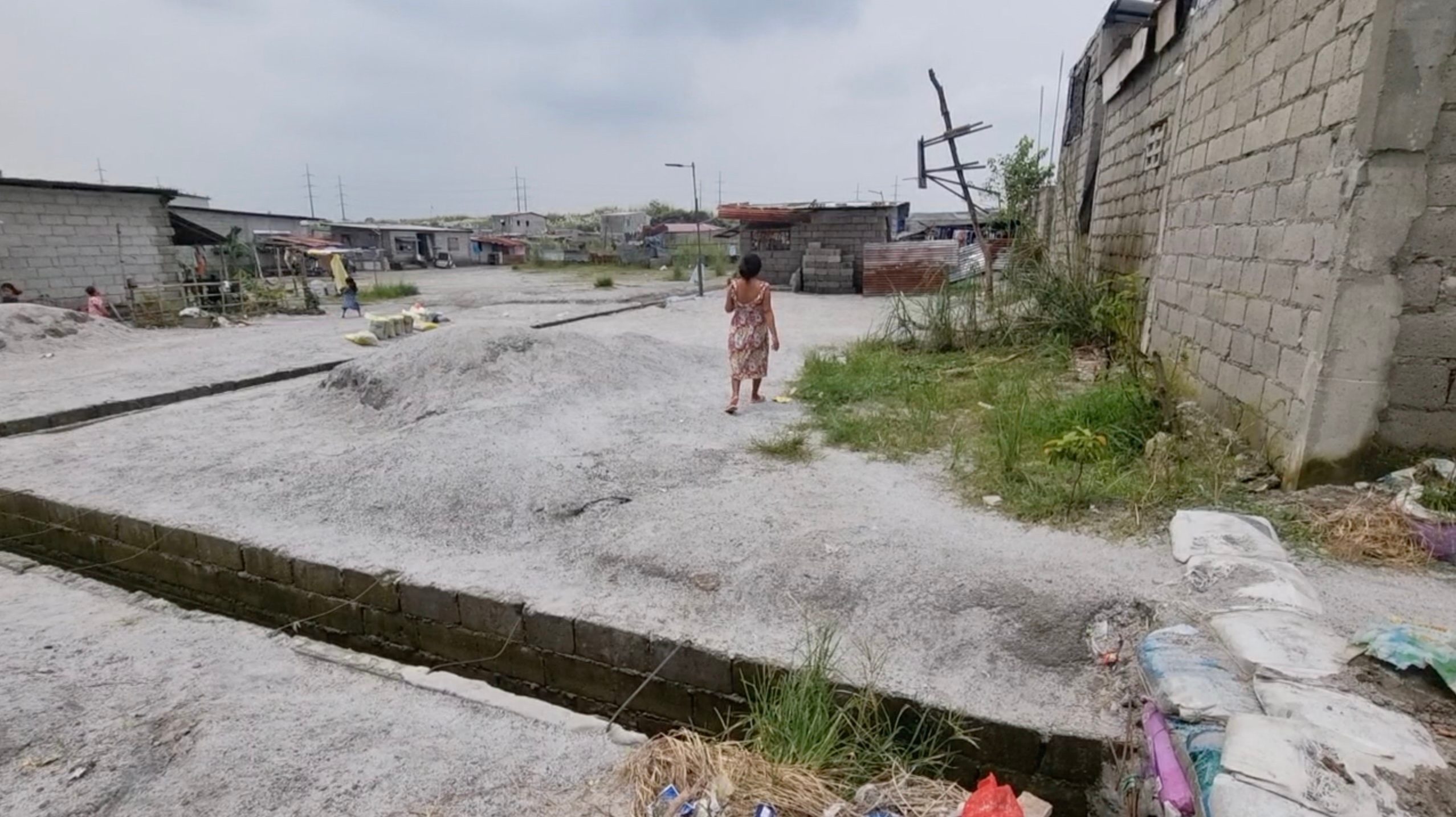
Last of 2 parts
READ: Part 1: Tale of two Pampanga villages shows critical role of local gov’t disaster response
PAMPANGA, Philippines – More than 300 families in Sitio Kapuso, a relocation site in Barangay Mangalit, Mabalacat City, have not received aid for the repairs of homes damaged by high waters and winds brought by Super TYphoon Karding (Noru) on September 25.
For three weeks, key local disaster offices have dribbled the ball, not wanting to take accountability for the delivery of aid.
Rappler tried to call the CSWDO 14 times after its chief Josie Tanglao said she was waiting for formal reports on Sitio Kapuso, but got no response.
More than a year since the first families arrived at the relocation site, given by Hausland Development Corporation (HLDC) after it dislodged them from land it is now developing, they still have to fend for themselves to get access to power and potable water.
Emerson Madayag, who arrived with the first batch of settlers in March 2021, said they were promised electricity on arrival. While there are facilities for connection, and residents have applied for this with the help of the local government, the process has been slow.
Some families bought cheap solar panels just to power lights for a few hours at night. Others, like Rosalina Patombon who arrived in June 2022, make do with old motor batteries.
The lack of running potable water is another problem. The 300 families have no idea when they can graduate from the two hand-powered deep well pumps that serve the entire village.
The water coming from the deep well looks clear when run through cheap filters bought on online e-commerce sites.
But Emerson said tests on the water have determined it is not safe for drinking or cooking.
Having to buy water is a big burden for poor folk struggling to adjust to living on the city’s margins.
Like other Sitio Kapuso settlers, Rosalina trades waste and garbage and collects plastic, handing this over by the kilo to the Angeles City government in exchange for rice.
Because they are now too far from the centers that generate the most waste, their livelihood has suffered since their relocation.
The rough road that is the only access to Sitio Kapuso also limits their mobility. It takes a 30-minute walk from the village area to the main road and then another 20 to 30-minute tricycle ride to the highway.

Rosalina told Rappler many want to have different jobs, but few can afford the daily commute.
A one-way tricycle trip from their hamlet to the highway costs between P150 to P200. If they hike to the highway, they pay P35 for a tricycle ride to Mabalacat’s center.
Rosalina sometimes takes on part time housekeeping work. But the almost P400 round-trip cost obliterates almost all of her income, and she often feels it’s a losing battle.
The lack of electricity also makes it harder to clean up after floods, which occur even during ordinary monsoon rains.
“Dito po ang tubig nangangamba po kami kasi paikot po ang quarry dito. Minsan di nakakapasok ang mga bata kasi malaki po yung tubig, hindi nakakadaan ‘yung mga sasakyan diyan po dahil sa tubig,” said Rosalina. (We’re worried about floods because quarries surround us. Sometimes the children cannot go to school due to the high water level. Even vehicles cannot handle the floods.)
Temporary solution
HLDC has tried to implement solutions of a higher grade than the sandbags recommended by the City Disaster Risk Reduction Management Office (CDRRMO).
“We provided drainage for the community that leads into the Dolores River,” Amiel Ayson, the firm’s legal counsel told Rappler
“Unfortunately the quarrying activities have caused a silt build up on that drainage we built. So the result was, the water went through the community,” he pointed out.
After inquiries by Rappler following the flooding in Sitio Kapuso, HDLC sent a backhoe on October 5 to remove the silt and “reactivate the existing drainage,” by filling a depression near the community.
But Ayson acknowledged this is only a temporary solution.

Under laws covering the relocation of informal settlers, private firms can provide land. But basic utility services, like power and water, drainage and road maintenance, are responsibilities of the local government.
Rappler has tried to get in touch with the Mabalacat City government but they have not returned queries.
“Any long-term solutions though would necessitate the intervention of the LGU. It’s the LGU who has the mandate to promote the general welfare and provide essential public services. In this case, especially when it’s the adjacent properties which are causing problems for the community,” Ayson said.
The lawyer was referring to a big body of water behind Sitio Kapuso, just across the border of Barangay Sapang Balen. The pond regularly overflows during heavy rain, bringing water contaminated by quarry runoff into the village streets.
During Karding, floods rose to hip level, according to Rosalina and Emerson.
‘Help us lobby’
In an email exchange, the HDLC counsel asked for “the help of our settlers to appeal and lobby to the local government.”
“We ask this because we firmly believe that the Mabalacat City LGU is very responsive to the concerns of its citizens. Of course we’ll be there with the LGU as a steady partner in the city’s development,” Ayon said.
But Sitio Kapuso residents say their pleas related to aid during and immediately after Karding fell on deaf ears.
Even the report of Gener Lagman, the barangay captain of neighboring Barangay Sapang Balen, about major damage brought zero response from both the CDRRMO and the CSWD.
Rosalina stressed the villagers are not idle folk but poor people who persevere despite huge obstacles to progress.
“Medyo mahirap pero sabi pa nga, walang mahirap pag ikaw ay nagsumikap. Nangangalakal. Namumulot ng kung ano-ano na plastic,” she said. (It’s a hard life but as they say, nothing is difficult if you persevere. So we collect waste, pick up all kinds of plastic, and trade them.)
As a mother, Rosalina finds herself in tears when her children also turn to scavenging to raise money for school needs, as her income is barely enough to feed the family.
“Nakakaawa talaga. Pero nagtitiis kami. Sana mabigay din ang pangangailangan namin: kuryente, tubig, materyal para sa bahay,” she said, waving at the roof they salvaged and pieced together after Karding blew it off in pieces.
Confronting bias

Across the sprawling Clark Freeport Zone, in the higher reaches of Angeles City, Analyn Ablong and her children struggle with a different set of challenges.
Analyn, a resident of Sitio Target, comes from generations of Aeta subsistence farmers.
Under Mayor Carmelo Lazatin Jr.’s administration, their community of 27 families no longer feel “left out.” Their barangay, Sapangbato, hosts 500 families, many of them of Aeta origin.
They receive regular government aid. And during typhoons, the local government reaches out to them and helps them move to safer ground.

Analyn told Rappler, however, that theirs is still a hard-scrabble life.
While the village has water lines, pressure can be so low that they resort to bathing and washing in a nearby stream.
A harvest of upland bananas from a communal farm a half-hour walk from their village, earns the family P2,000. A sack of harvested camote (sweet potato) can fetch P800, with every harvest giving them an average of ten sacks.
They could earn from 30% to 50% more income if they sell directly in Angeles City’s main market. But since they have no vehicles or marketing implements, they are at the mercy of middlemen.
Still, Analyn and her husband were able to build their home and raise their family of six, striving to stretch their earnings to ensure education for their offspring.
Her main worry are her children and the discrimination and mockery they continue to face in the lowlands.
“Kaya pinapaaral namin sila para ma-expose din sila. Kasi ‘yung iba na katulad mo kapag bumaba na ang mga katutubo sa patag, number one talaga is discrimination,” Analyn told Rappler on September 29. (We make sure they go to school so they are exposed. Because some like you (referring to the reporter) – when tribes people go down to the plains, the number one problem is discrimination.)
On the day Rappler visited Sitio Target, Analyn said one of her children had just come from a mall in the city center.
“Ano ginawa nila? Alam mo ‘yung tunog ng unggoy? Ganon ‘yung sound nila pag nakakakita sila ng katutubo,” said the Aeta mother. (What did they do? Do you know what sound a monkey produces? They imitate that when they spot people of our tribe.)

The feisty Analyn is not scared telling off hecklers. She reminds them of the law making their displays of discrimination a legal offense.
She’s also not shy about calling offenders idiots or telling students their education is going to waste unless they learn to respect people different from them.
Analyn recalled how she told off a student who visited their community in an school immersion activity and had the temerity to call them “baluga” and monkeys. She warned that if the elders overhear the insults, the visitor may not make it out alive.
Analyn has come a long way from the young girl who would run off to cry in the face of bullies.
“If they see you hurt, they will goad you more,” she said in Filipino. When we fight back, they fall silent. – Rappler.com
Add a comment
How does this make you feel?
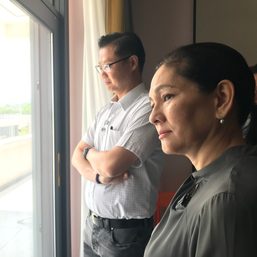

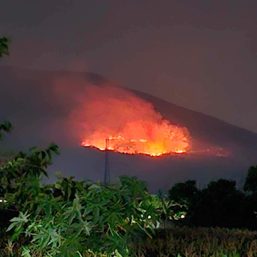
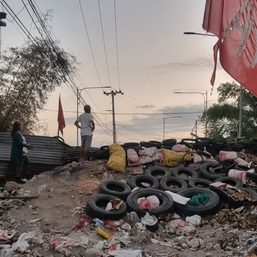




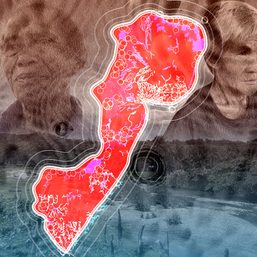

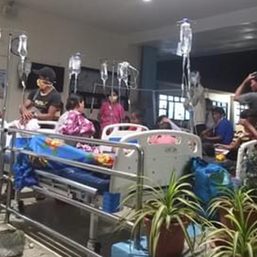
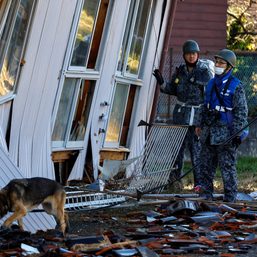
![[ANALYSIS] Lessons in resilience from Japan’s New Year’s Day earthquake](https://www.rappler.com/tachyon/2024/01/TL-japan-earthquake-warning-system-jan-3-2024.jpg?resize=257%2C257&crop_strategy=attention)
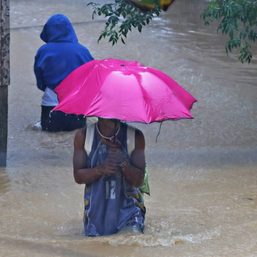

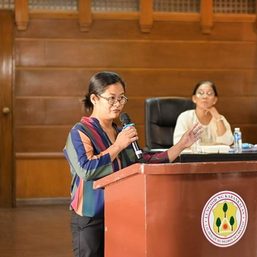


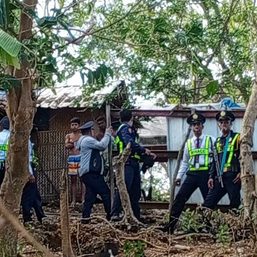
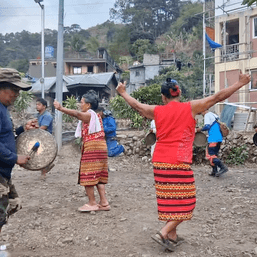
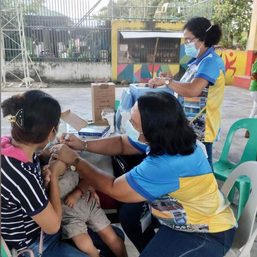
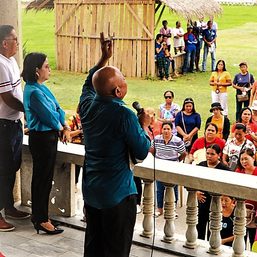
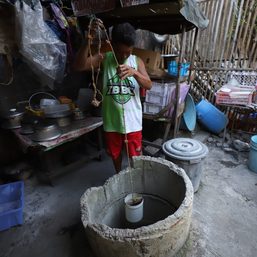
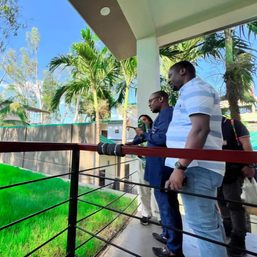
There are no comments yet. Add your comment to start the conversation.